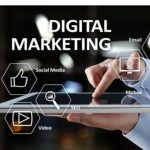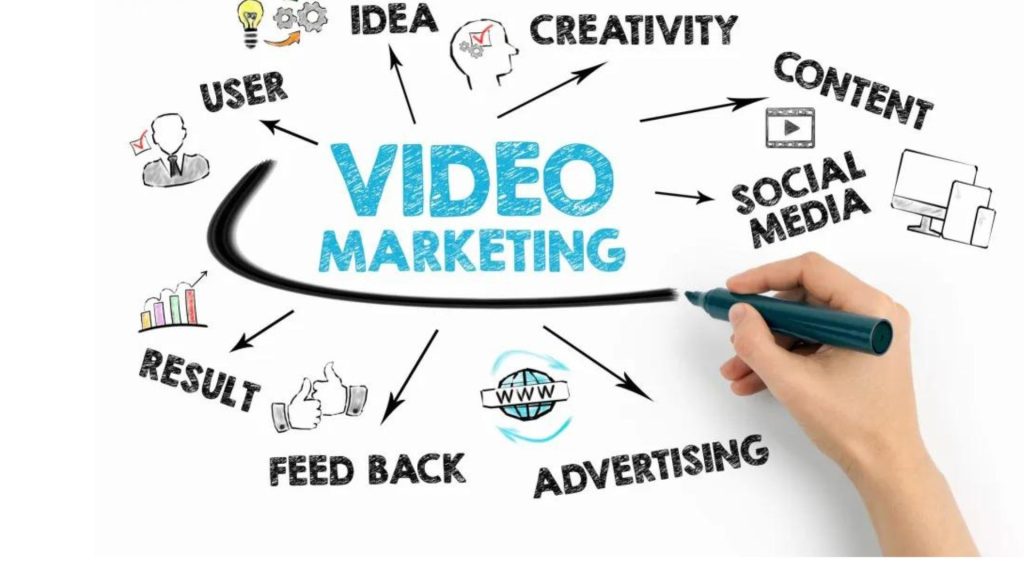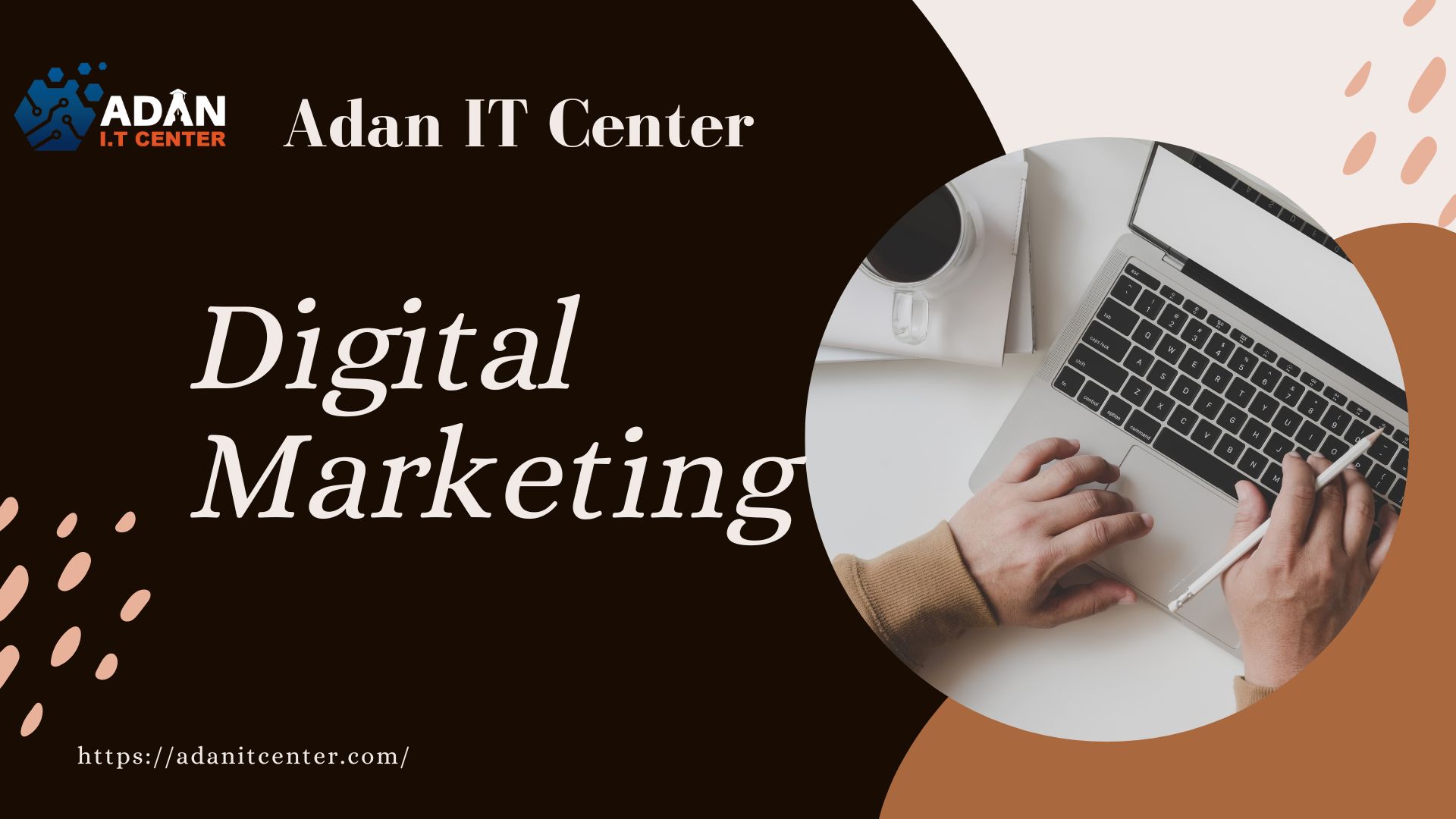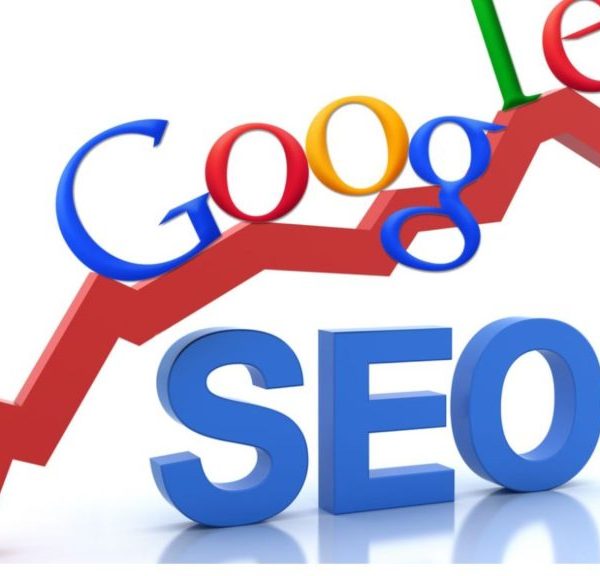Introduction to Digital Marketing
The introduction to digital marketing serves as a gateway for businesses looking to harness the
Table of Contents
- What is Digital Marketing?
- Why is Digital Marketing Important?
- How to Get Started with Digital Marketing?
- Key Components of Digital Marketing
What is Digital Marketing?
Digital marketing encompasses all marketing efforts that utilize the internet or electronic devices. This includes channels such as:
- Search Engines: Optimizing your content to appear in search results.
- Social Media Platforms: Engaging with customers on sites like Facebook, Instagram, and LinkedIn.
- Email: Directly communicating with your audience through newsletters and promotions.
- Websites: Creating a user-friendly website that serves as the hub of your online presence.
Unlike traditional marketing methods, digital marketing allows for real-time interaction and engagement, making it a dynamic way to connect with potential customers.
Why is Digital Marketing Important?
Understanding the significance of digital marketing can transform your business strategy. Here are several reasons why it matters:
1. Wider Reach
Digital marketing breaks geographical barriers, enabling you to reach a global audience. This is particularly advantageous for small businesses aiming to grow beyond local markets.
2. Cost-Effective
Compared to traditional marketing methods, digital marketing is often more budget-friendly. With careful planning and execution, businesses can achieve significant results without spending excessively.
3. Measurable Results
One of the greatest advantages of digital marketing is the ability to measure your results accurately. Tools like Google Analytics provide insights into how your campaigns are performing, allowing you to make data-driven decisions.
4. Targeted Campaigns
With digital marketing, you can tailor your campaigns to specific demographics, interests, and behaviors. This ensures that your marketing efforts are reaching the right audience at the right time.
How to Get Started with Digital Marketing
If you’re new to digital marketing, here’s a step-by-step guide to help you get started:
Step 1: Define Your Goals
Start by identifying what you want to achieve. Common goals include:
- Increasing website traffic
- Generating leads
- Boosting sales
- Building brand awareness
Step 2: Identify Your Target Audience
Understanding your audience is crucial. Research their preferences, demographics, and online behavior. This information will guide your marketing strategies.
Step 3: Choose Your Digital Marketing Channels
Based on your goals and audience, select the digital marketing channels that align with your strategy. You may focus on social media, SEO, email marketing, or a combination of several channels.
Step 4: Create Quality Content
Content is at the heart of digital marketing. Ensure that your content is relevant, engaging, and provides value to your audience. This will help you build trust and encourage conversions.
Step 5: Analyze and Adjust
Regularly review your analytics to measure the performance of your campaigns. Look for patterns in the data and adjust your strategies as needed to improve results.
Key Components of Digital Marketing
To succeed in digital marketing, you need to understand its core components:
1. Search Engine Optimization (SEO)
SEO is the process of optimizing your website to rank higher in search engine results. It involves:
- Keyword Research: Identifying the terms your audience is searching for.
- On-Page SEO: Optimizing content and HTML source code.
- Off-Page SEO: Building backlinks from other reputable sites.
- Technical SEO: Ensuring your website is technically sound for search engines to crawl and index.
2. Content Marketing

- Blog Posts: Informative articles that establish your authority.
- Videos: Engaging visual content that can be shared across platforms.
- Infographics: Visual representations of information that are easy to digest.
Content marketing not only helps with SEO but also builds trust and authority in your niche. Consistent, high-quality content keeps your audience engaged and encourages them to return to your site.
3. Social Media Marketing

- Engaging Content: Share posts that resonate with your audience—think behind-the-scenes looks, customer testimonials, and educational content.
- Community Engagement: Respond promptly to comments and messages to foster a sense of community and brand loyalty.
- Targeted Advertising: Utilize paid advertising options to reach specific demographics and drive traffic to your site.
By maintaining an active social media presence, you can build brand awareness and create lasting relationships with your customers.
4. Email Marketing

- Build a Subscriber List: Offer valuable incentives (like discounts or free resources) to encourage sign-ups.
- Segment Your Audience: Tailor your messages based on customer preferences and behaviors for higher engagement rates.
- Personalize Your Emails: Use the recipient’s name and provide tailored content to improve open and click-through rates.
With a well-executed email marketing strategy, you can keep your audience informed about promotions, new products, and valuable content.
5. Pay-Per-Click Advertising (PPC)
PPC advertising can deliver quick results by placing your ads in front of potential customers who are actively searching for products or services you offer. Key platforms include:
- Google Ads: Target specific keywords to appear at the top of search results.
- Social Media Ads: Platforms like Facebook and Instagram allow you to target users based on interests, behaviors, and demographics.
PPC is an excellent way to generate immediate traffic, and with ongoing analysis, you can optimize your ads for better performance.
6. Influencer Marketing
Partnering with influencers can significantly amplify your brand’s reach. Here’s how to approach influencer marketing:
- Identify Relevant Influencers: Look for influencers in your niche who align with your brand values and have engaged audiences.
- Collaborate on Content: Work with influencers to create authentic content that promotes your products or services.
- Leverage Their Platforms: Influencers can help you tap into their established communities, boosting your brand visibility.
By collaborating with the right influencers, you can enhance your credibility and attract new customers.
7. Local SEO

- Optimize Your Google My Business Profile: Ensure that your business information is accurate and complete, including hours, location, and contact information.
- Gather Customer Reviews: Encourage satisfied customers to leave positive reviews, as this can improve your local ranking.
- Local Keywords: Use keywords that include your location to attract local customers.
Effective local SEO can help you stand out in your community and attract customers who are nearby.
8. Video Marketing

- Product Demonstrations: Show how your product works and highlight its benefits.
- Customer Testimonials: Share positive experiences from satisfied customers to build trust.
- Educational Content: Create how-to videos or tutorials that provide value to your audience.
Incorporating video into your marketing strategy can boost engagement and increase conversions.
9. Webinars and Online Events

- Choose Relevant Topics: Select topics that address your audience’s pain points or interests.
- Promote Your Webinar: Use email marketing, social media, and your website to drive registrations.
- Engage During the Event: Encourage questions and interaction to make the event more valuable.
These events can generate leads and foster deeper relationships with potential customers.
10. Analytics and Data Tracking
Finally, measuring the success of your digital marketing strategies is vital. Use tools like Google Analytics and social media insights to track your performance:
- Monitor Key Metrics: Track website traffic, user behavior, and conversion rates to gauge your success.
- Analyze Campaign Performance: Assess what works and what doesn’t, allowing you to refine your strategies.
- Make Data-Driven Decisions: Use your insights to inform future marketing efforts and improve your overall strategy.
FAQs about Digital Marketing
Q: What is the best digital marketing strategy for beginners?
A: Start with content marketing and social media. These methods allow you to build a brand presence without significant investment.
Q: How long does it take to see results from digital marketing?
A: Results vary by strategy. SEO can take months to show results, while PPC can deliver immediate traffic.
Q: Is digital marketing expensive?
A: Not necessarily. It can be tailored to fit any budget, and the return on investment can be significantly higher compared to traditional marketing.
For more in-depth resources and personalized guidance, visit adanitcenter.com .Their expert team is ready to help you navigate the complexities of digital marketing, ensuring you maximize your online efforts. With tailored support and expert advice, you can take your first step toward mastering digital marketing. Ready to dive in? Start your digital marketing journey today!
Additionally, explore navttc for a range of free courses in 2024 that can enhance your skills and knowledge in this ever-evolving field.
AUTHOR
HIBA ARIF





